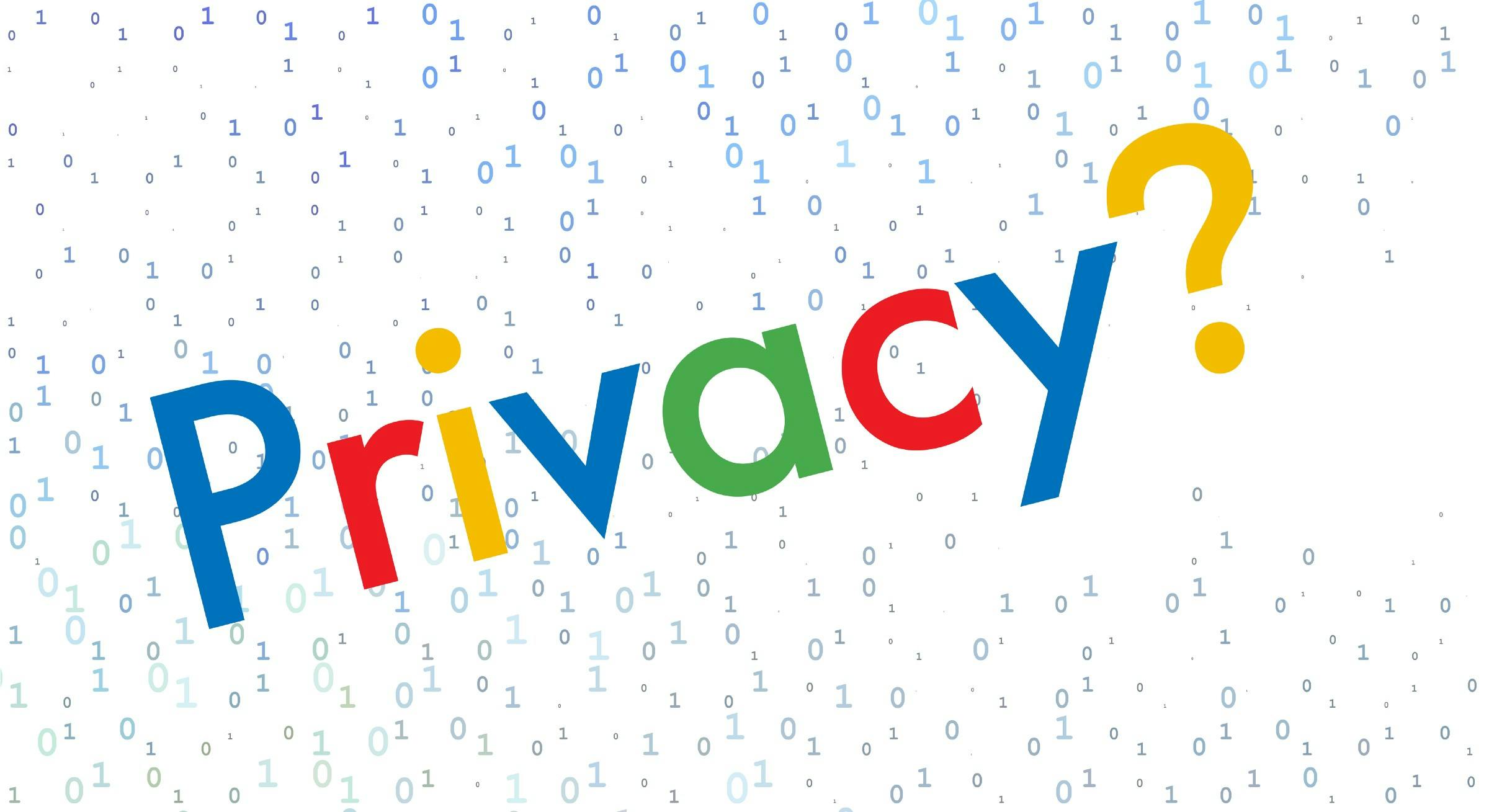17,813 reads
Data Privacy Concerns with Google
by
March 29th, 2018
Audio Presented by
Christian Stewart is a privacy researcher and reporter. Follow his latest coverage on YouTube.
About Author
Christian Stewart is a privacy researcher and reporter. Follow his latest coverage on YouTube.
